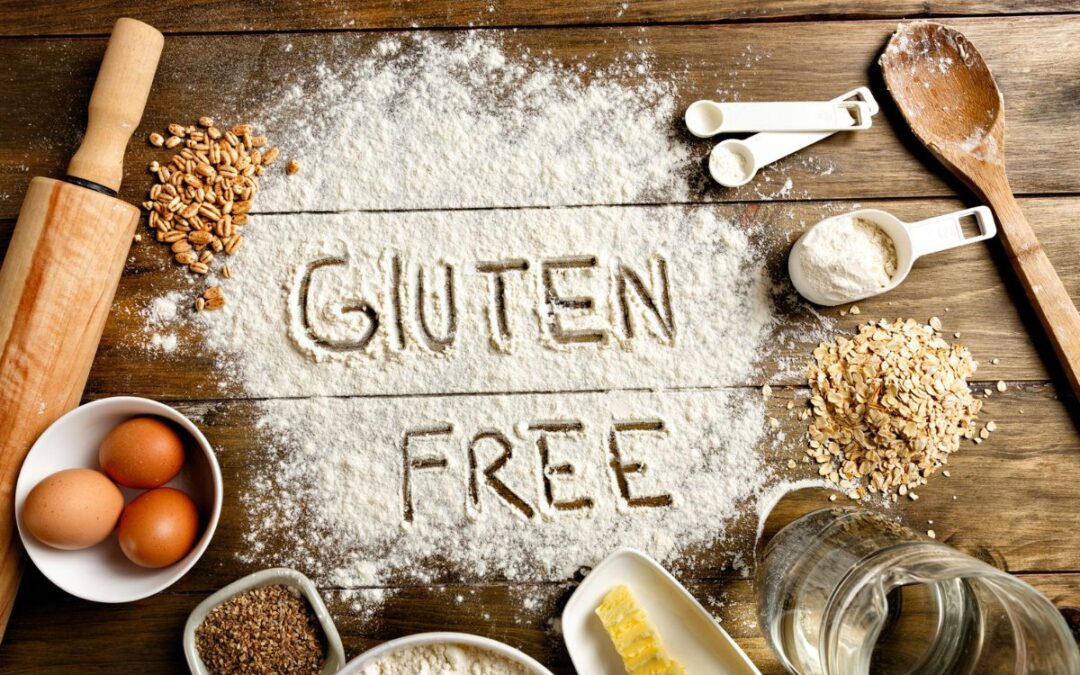An estimated 100,000 New Zealanders have coeliac disease, though many remain undiagnosed. The only treatment is a strict gluten-free diet, making safe dining options essential. Others choose gluten-free for lifestyle reasons, further driving demand for trustworthy food options.
Despite this growing need, many hospitality businesses lack awareness of proper gluten-free food safety. Cross-contamination – even from tiny traces of gluten – can cause serious illness for coeliac customers. Safe practices are not just a courtesy; they’re a necessity.
Coeliac New Zealand (CNZ) has developed Gluten-Free (GF) Food Safety Training to help hospitality teams understand how to prevent cross-contamination. Every staff member, from front-of-house to kitchen teams, should be trained to ensure gluten-free meals remain truly safe.
Investing in training isn’t just about earning customer trust – it’s about upskilling staff in allergen management and ensuring venues are equipped to serve a growing niche market. Safe dining builds loyalty, enhances reputation, and ultimately strengthens business success.
EatChoice: A Smart Business Move
To further support food safety standards, CNZ has partnered with EatChoice, a platform that connects hospitality venues with gluten-free diners seeking safe meals.
EatChoice helps businesses stand out as trusted gluten-free destinations. It showcases venues that prioritise safe food handling and cross-contamination prevention, ensuring they meet the needs of a customer base that depends on it. This isn’t just marketing – it’s about inclusivity, reliability, and making every meal stress-free for coeliac customers.
Trust leads to loyalty – coeliac customers return often, bring their friends, and spread the word through reviews and recommendations. The more confident they feel about a venue’s food safety practices, the more they’ll support and advocate for it.
Restaurants can join EatChoice for free – so don’t delay in taking up the opportunity to connect with a niche market actively searching for safe, verified gluten-free dining.
Reaching gluten-free diners couldn’t be easier, simply visit eatchoice.nz and register your contact details. The team will get in touch to get you started with your free profile. They take care of everything for you, while giving you complete control over the information you wish to provide diners. For a limited time, Eat Choice are offering free access to the training offered by Coeliac New Zealand so you can let your customers know you take their needs seriously.
Tips for Maintaining a Coeliac-Safe, Gluten-Free Kitchen
Successfully catering to coeliac guests requires strict protocols – small traces of gluten can cause serious health issues. Here’s how businesses can create a safe, trusted environment for gluten-free diners:
1. Staff Training
• Educate all kitchen and front-of-house staff on coeliac disease and the importance of preventing cross-contamination. The CNZ Gluten-Free (GF) Food Safety Training does this.
• Provide regular training on identifying gluten-containing ingredients and managing allergens.
2. Separate Prep Areas
• Designate a dedicated gluten-free food prep area. Clean thoroughly before and after use to prevent contamination.
• Use separate, clearly labelled cutting boards, utensils, pans, and toasters strictly for gluten-free use.
3. Ingredient Control
• Only use verified gluten-free ingredients. Check labels for hidden gluten (e.g., malt, wheat starch, barley).
• Choose gluten-free products accredited with the Crossed Grain Logo from Coeliac New Zealand.
• Store gluten-free products above gluten-containing ones to prevent accidental contamination.
4. Cross-Contamination Prevention
• Wash hands thoroughly before handling gluten-free food and change gloves when necessary.
• Use separate oil for frying gluten-free items – never reuse oil used for breaded or gluten-containing foods.
• Regularly clean all surfaces and equipment before gluten-free food preparation begins.
5. Clear Labelling & Communication
• Label all gluten-free items clearly in storage and on menus.
• Ensure front-of-house staff communicate special dietary requests accurately to the kitchen.
• If there’s uncertainty about an item’s safety, inform the guest rather than take risks.
6. Regular Reviews & Checks
• Audit kitchen practices regularly to identify and resolve cross-contamination risks.
• Stay updated on coeliac-safe food handling practices and changing standards.
By following these steps, hospitality businesses can ensure their gluten-free offerings meet strict safety standards while earning customer trust and loyalty.

Coeliac Awareness Week 2025: Recognising the Hidden Symptoms
Coeliac Awareness Week takes place from 9–15 June 2025, with this year’s theme:
“Coeliac Disease is Different for Every Body.“
Coeliac disease triggers an autoimmune response, damaging the small intestine and impairing nutrient absorption. While classic symptoms like diarrhoea and cramping are well known, many people remain undiagnosed due to mild or atypical symptoms. Yet if left untreated, coeliac disease can lead to serious health issues, such as osteoporosis, fertility issues, and nervous system disorders.
Greater awareness leads to earlier diagnosis and better health outcomes. For more information on GF Food Safety Training or accredited products, visit coeliac.org.nz.

